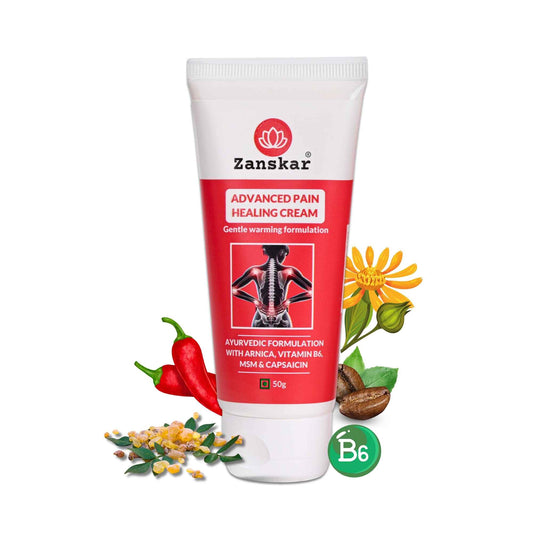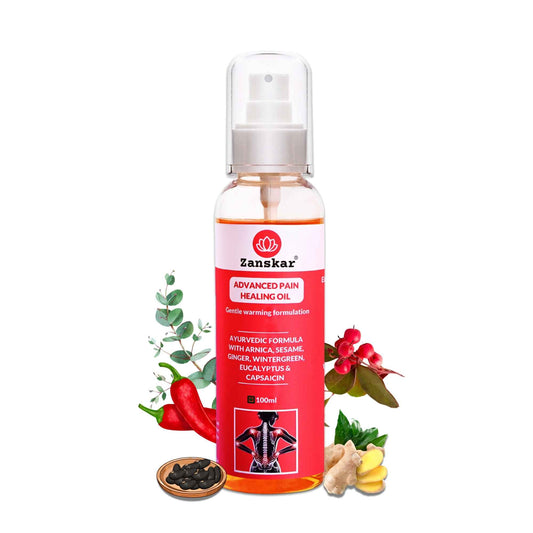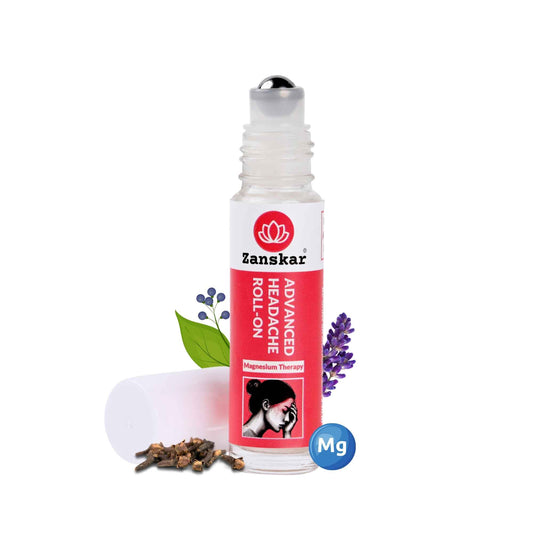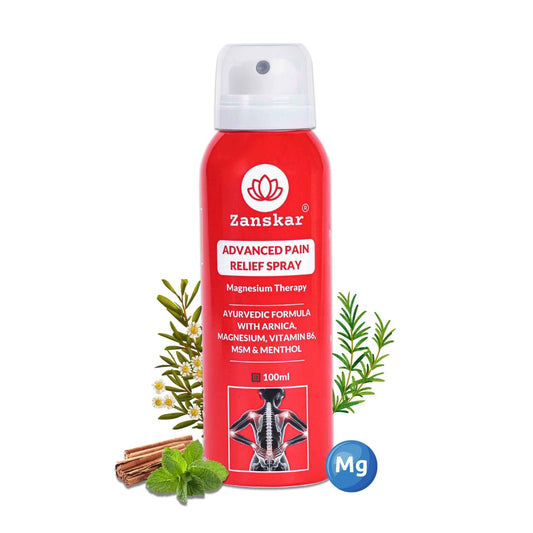
Pinched Nerve in Shoulder: Signs and Treatment
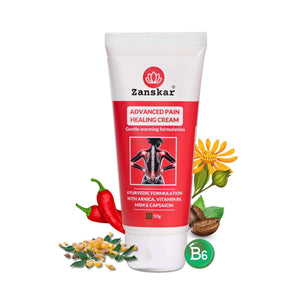
Until you have shoulder pain that makes even the most mundane tasks like brushing your teeth or locking your car door painful, you might not give the number of movements your shoulders do during the day any thought. Numerous factors, such as joint pain, repetitive motion injuries, and injuries, can cause shoulder pain. One more typical reason? Cervical radiculopathy: upper back pinched nerves.
Certain daily activities may be impacted by a pinched nerve in your shoulder region, but most cases resolve with mild activity and at-home therapy. Find out more about what causes pinched nerve discomfort in the shoulder here, as well as your treatment choices and the exercises that physical therapists at Zanskar Health can recommend.
A pinched nerve that affects your shoulder region can certainly affect some of your everyday activities, but most cases get better with light exercise and at-home treatment. Here, learn more about what causes pain in the shoulder from a pinched nerve and your treatment options, including exercises from Zanskar Health physical therapists.
Symptoms of a Pinched Nerve
The symptoms of a pinched nerve in the cervical spine (neck) might originate in the neck, go down your shoulder, and even reach your arm. Frequently, it's a strong, burning sensation that intensifies with side to side or back movements of the neck. Another hint: Placing your hands on top of your head releases pressure from the nerve, which may help with the pain.
Other symptoms include:
- Numbness in your upper back, shoulder, arm, or hand
- Tingling or a “pins and needles” sensation in your neck, shoulder, hand, or fingers
- Muscle weakness in your arm, shoulder, or hand
Since cervical radiculopathy affects everyone differently, you may notice a few of the above symptoms, or only one.
Causes of Pinched Nerve that Affects the Shoulder
There are several reasons a pinched nerve can affect your shoulder. Here are some of the main ones:
- Disc degeneration - Intervertebral discs serve as cushions between the vertebrae (bones) in the spine. Just like the rest of your body, your discs sometimes change with age. Sometimes these changes cause the vertebrae to move closer together, leaving less room for the nerves.
- Herniated discs - Other times, a disc can herniate, which is when the jelly-like center of a disc gets pushed out toward the spinal canal. This can put pressure on sensitive nerves, which can contribute to pain, numbness, and weakness in the arm.
- Injury - A pinched nerve can happen if someone experiences an acute injury, like falling on an outstretched hand.
Treatment for Pinched Nerve Affecting the Shoulder
Although shoulder pain can affect your daily activities, there’s a lot you can do to help yourself feel better. Your body has an amazing capacity to heal itself, reassure our pain experts, most of the time, symptoms resolve with nonsurgical treatments, such as:
- Ice and heat - Either ice or heat can help — it just depends on what feels best for you. Most people do well with applying ice to the neck and shoulder for the first 48 hours after pain starts to reduce inflammation. After that, heat can help muscles relax.
- Physical therapy - A physical therapist can work with you to increase your range of motion and strength to help reduce symptoms and regain function. A 2019 review of 10 studies published in the journal Medicine found that therapeutic exercises, such as those done in physical therapy, help improve pain, quality of life, and overall physical function.
- Over-the-counter (OTC) medication - Pain relievers can be helpful for a pinched nerve. Consider using Zanskar Advanced Pain Healing Cream which has a unique formulation of natural ingredients like Arnica, Vitamin B6, MSM and Capsaicin. Buy here.
-
Cervical collar - This is a padded ring that you wrap around your neck. It allows your neck muscles to rest and limits neck motion to decrease nerve pinching. It's not recommended for more than a week or two, though, according to Zanskar Health pain experts. Longer than that can decrease neck muscle strength, which is ultimately what helps you heal.
PT Tip: Change Up Your Position
Long periods of time spent sitting still can strain your neck, which can then affect your shoulder. Take five-minute "movement snacks" during the day if you work at a desk. Simple posture adjustments, such as stretching out quickly in your seat, using the armrests on your chair, or altering how your legs are crossed, can have a significant impact.
Your night-time position is also important. There is no right or incorrect way to sleep, but if you sleep on your back and experience shoulder ache at night, consider sleeping with your neck in a neutral position by putting a small pillow under your neck. If you sleep on your side, make sure you have enough pillows to support your neck.
Learn More About Zanskar Health
If you have joint or muscle pain that makes it hard to move, Zanskar offers the most advanced full stack pain relief solutions for you.
Now available to purchase, Zanskar® Advanced Pain Healing Cream has a unique formulation of natural ingredients like Arnica, Vitamin B6, MSM and Capsaicin, which is trusted by over 20L+ pain sufferers globally. It provides lasting relief from muscle and joint discomfort that you can feel good about. Get your fix before stocks run out - buy now.
You can also gain access to therapeutic exercises and stretches for your condition by downloading the Zanskar Health physiotherapy mobile app. Additionally, you’ll have a personal care team to guide, support, and tailor our program to you, including behavioral and nutritional coaching.
Download our mobile app here 👉 download and track your exercise streak.
Medical Review: This article is written by Dr Nishtha Mittal (Senior Health Content Editor at Zanskar Health) and has been medically reviewed by the medical team at Zanskar Health. This article and its contents are provided for educational and informational purposes only and do not constitute medical advice or professional services specific to you or your medical condition.




